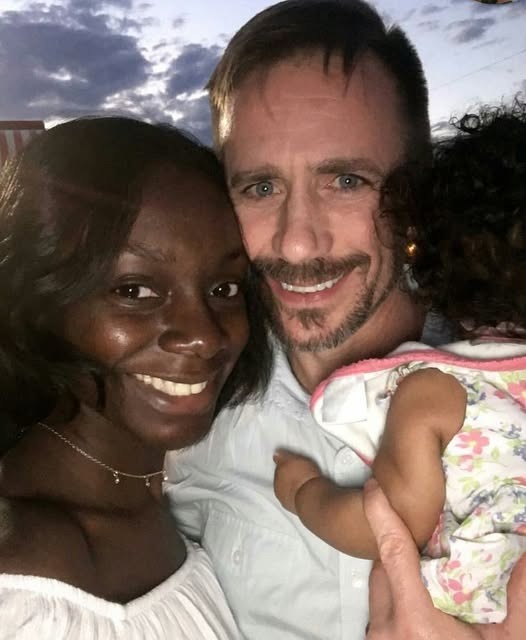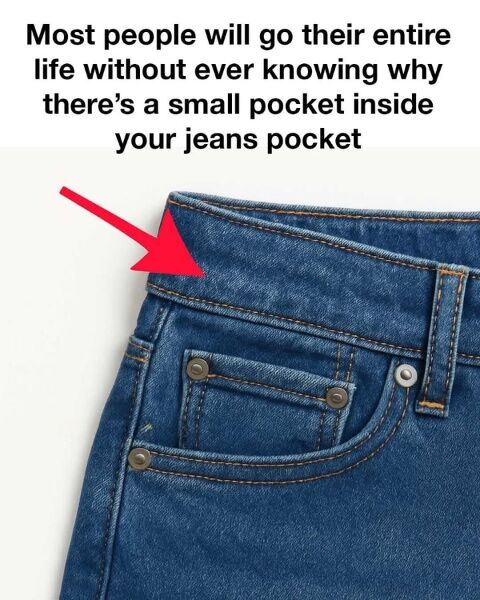When I first met Callum, I told myself to take things slow. He looked at me like I was something special, listened when I spoke, and treated me with kindness. We dated for over two years before I got pregnant. His proposal wasn’t planned—just a rainy Tuesday night, a diamond ring he couldn’t really afford, and a shaky “yes” from me. Not because I felt pressured, but because I believed in us.
But his family? They never believed in me.

The first time I met his mother, she gave me a tight smile and asked, “So, where exactly are you from?” It wasn’t curiosity—it felt like a test. Like I was trying to step into a world where I didn’t belong.
She wore black to our wedding. Not elegant black—full-on mourning black. When someone joked about it, she just smiled and said, “Every marriage is a loss in some way, isn’t it?”
Three years later, they still don’t call me his wife. To them, I’m just “the girl he got pregnant,” as if I were some temporary mistake. Our son is almost three, and his mother has never once said my name.
Callum notices. I know he does. But his response is always the same: “That’s just how she is. Don’t let it bother you.”
But how could it not?
I almost walked out when his sister “joked” that our son’s curls were too “wild” for school photos. But I stayed. I smiled. For Callum. For our child.
Then, last weekend, something happened. Something that made me realize I’d been fighting too hard for acceptance from people who would never give it to me.
I overheard a conversation in their kitchen—one they never meant for me to hear.
We were at his parents’ house for his father’s birthday. While Callum helped his dad hang an old Auburn football banner outside, I was rinsing sippy cups in the sink. His mother, sister, and aunt were chatting loudly in the next room. I wasn’t eavesdropping—they were just impossible to ignore.
“I still think he panicked,” his sister said. “Would he have married her if she hadn’t gotten pregnant?”
His mother sighed. “Probably not. He was in that rebellious phase. You know how he gets when he wants to prove a point.”
Aunt Margie chuckled. “And now he’s stuck. Too bad. He made his bed.”
My hands froze on the sponge.
A rebellious phase? Like I was just some phase?
I don’t even remember leaving the kitchen. The next thing I knew, I was sitting in the car, blinking back tears while our son watched Cocomelon in the backseat, crumbs on his lap.
I didn’t tell Callum that night. I wanted to. I almost did. But before dragging him into another argument about his family, I needed to know how I really felt. We’d had this fight before, and it always ended the same way: “But they’re my family. What do you want me to do?”
This time, I knew exactly what I wanted.
Two days later, I asked Callum to meet me at a quiet coffee shop near the park. Just us. No distractions.
I told him everything—word for word.
He stared into his coffee, jaw clenched. Then he looked up and said something I’ll never forget:
“I’ve let them get away with this for too long. Maybe I allowed it because I didn’t want to lose either side. But I’ve already started losing you.”
It broke me. Because he was right. I had been slipping away—smiling through the hurt, swallowing my pride just to keep the peace.
And the truth? It wasn’t fair to either of us.
That night, Callum called his mother. I didn’t hear the whole conversation, but I caught enough:
“She’s my wife. No, Mom, listen—you don’t get to treat her like she’s nothing. If you can’t respect her, we won’t be coming around anymore.”
I didn’t expect that. Honestly, I didn’t.
And guess what? We haven’t been back since.
It’s been four months now.
At first, skipping Sunday dinners felt strange. But slowly, something shifted. Callum seemed lighter. Our home felt safer. And our son? He stopped asking about Nana altogether.
Last week, his sister texted me out of the blue.
“I didn’t realize how much our words hurt you,” she wrote. “I’m sorry.”
I haven’t replied yet. Not because I’m holding a grudge, but because healing doesn’t have a deadline. And forgiveness isn’t the same as forgetting.
Here’s what I’ve learned:
Not everyone who should love you will. And that’s okay. You don’t have to shrink yourself to fit into their narrow idea of who you should be.
What matters is who stands beside you when things get hard—and whether they’re willing to face the people making it harder.
Callum showed me he was willing. And I finally stopped showing up where I wasn’t wanted.
So if you’re out there, bending yourself into impossible shapes just to be “enough” for people who keep moving the goalposts—take a breath. You are enough. And you deserve peace, not approval.


